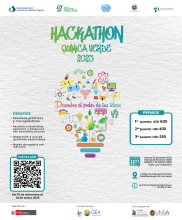Green and Sustainable Solvents for Solid-Phase Peptoid Synthesis
Peptoids, or N-substituted glycine polymers, are an important platform for the development of new materials for therapeutic, cryopreservation, and biosensing applications. The stepwise solid-phase synthesis of peptoids uses iterative acylation and displacement reactions to grow the peptoid chain but relies on hazardous solvents, N,N-dimethylformamide (DMF) and N-methyl-2-pyrrolidone (NMP), which are used in large quantities for resin swelling, washing, and solubilizing the required chemical reagents.
